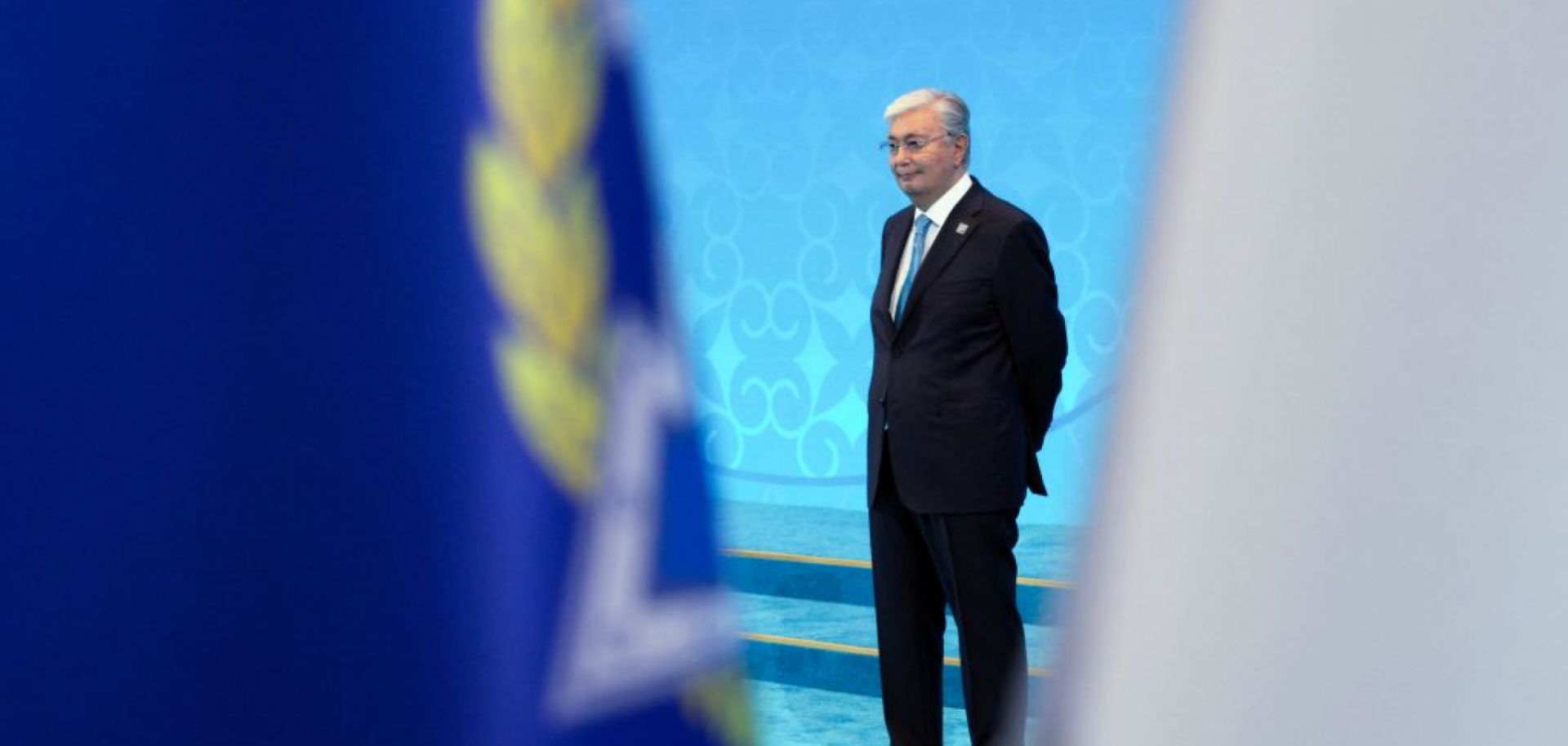In Kazakhstan, proposed institutional reforms are meant to tighten the regime's hold on power, but they will not guarantee a smooth transition or prevent Russian attempts to manipulate political events once President Kassym-Jomart Tokayev steps down. On Sept. 8, President Tokayev used his annual State of the Nation address to the Parliament to propose constitutional changes that would abolish Kazakhstan's upper chamber, the Senate, and create a unicameral legislature. Framed as the next phase of political reform, Tokayev's proposal calls for at least a year of public debate followed by a nationwide referendum in 2027. In a separate but related step, Tokayev also proposed an electoral change: shifting back to elections conducted exclusively by party lists. Together, these moves mark Kazakhstan's most significant political reform since the January 2022 protests, which triggered constitutional amendments that altered the composition of the Mazhilis, the lower chamber, by reintroducing a mixed electoral system...

